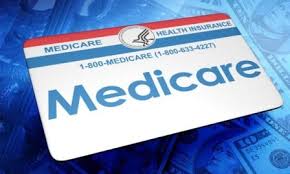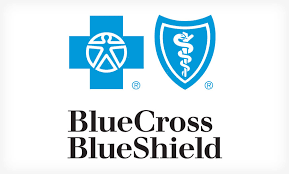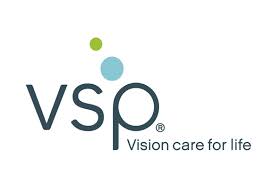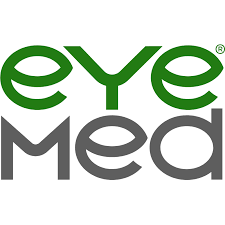MEDICAL INSURANCE vs. VISION PLANS
We often have patients that have both vision plans (VSP, EyeMed, Davis Vision, etc.) and medical insurance (Blue Cross Blue Shield, Aetna, Cigna, United Healthcare or Medicare). They are very different in terms of the services they cover, and it’s important for our patients to understand these differences. When scheduling an appointment at Eye Associates, our team will make every effort to obtain both your vision benefits and medical insurance information prior to your visit. Whether you are coming in for your annual eye exam or having a medical eye problem will determine which insurance can be applied on the day of your exam.
We often have patients that have both vision plans (VSP, EyeMed, Davis Vision, etc.) and medical insurance (Blue Cross Blue Shield, Aetna, Cigna, United Healthcare or Medicare). They are very different in terms of the services they cover, and it’s important for our patients to understand these differences. When scheduling an appointment at Eye Associates, our team will make every effort to obtain both your vision benefits and medical insurance information prior to your visit. Whether you are coming in for your annual eye exam or having a medical eye problem will determine which insurance can be applied on the day of your exam.
Vision Plans
Vision Plans are designed mainly to cover the prescription for glasses, to help pay for glasses or contact lenses, and to cover a yearly routine Wellness Evaluation of the health of the eyes in a healthy patient that has no particular problems or symptoms to their eyes. It is not equipped to deal with and does not cover medical conditions, injuries, and/or treatments of the eyes. Most vision plans do not cover a contact lens evaluation or only cover a portion of the evaluation.
Vision Plans are designed mainly to cover the prescription for glasses, to help pay for glasses or contact lenses, and to cover a yearly routine Wellness Evaluation of the health of the eyes in a healthy patient that has no particular problems or symptoms to their eyes. It is not equipped to deal with and does not cover medical conditions, injuries, and/or treatments of the eyes. Most vision plans do not cover a contact lens evaluation or only cover a portion of the evaluation.
Medical Insurance
Medical Insurance is designed to cover you when you have a medical problem, including one that affects your eyes. Medical insurance does not typically cover routine vision examination or services for glasses, or routine vision. Those are only covered by your vision plans. When a medical diagnosis or medical condition is present that affects your eyes, such as high blood pressure, high cholesterol, or diabetes, to name just a few examples, or you have an eye disease or eye problem such as an infection (pink eye), dry eyes, allergies, glaucoma, cataracts, or macular degeneration, we must file the claim with your medical insurance, and the co-pays and deductibles for that medical insurance will apply.
Medical Insurance is designed to cover you when you have a medical problem, including one that affects your eyes. Medical insurance does not typically cover routine vision examination or services for glasses, or routine vision. Those are only covered by your vision plans. When a medical diagnosis or medical condition is present that affects your eyes, such as high blood pressure, high cholesterol, or diabetes, to name just a few examples, or you have an eye disease or eye problem such as an infection (pink eye), dry eyes, allergies, glaucoma, cataracts, or macular degeneration, we must file the claim with your medical insurance, and the co-pays and deductibles for that medical insurance will apply.
Refraction
Most patients will have a refraction done during either type of exam. A refraction is a diagnostic test used to determine your best corrected vision. For some medical conditions a refraction is needed even when eyeglasses are not prescribed. Medical insurance companies do not cover this procedure and you will be asked to pay the fee of $35.
Our team will make every effort to determine your insurance eligibility and benefits prior to your visit. We appreciate your cooperation to provide us with the most accurate and up to date insurance information so we may be able to provide you with your benefits and coverage on the day of your visit.
Insurance benefits can not be retroactively applied on services and purchases after the date of service.
Most patients will have a refraction done during either type of exam. A refraction is a diagnostic test used to determine your best corrected vision. For some medical conditions a refraction is needed even when eyeglasses are not prescribed. Medical insurance companies do not cover this procedure and you will be asked to pay the fee of $35.
Our team will make every effort to determine your insurance eligibility and benefits prior to your visit. We appreciate your cooperation to provide us with the most accurate and up to date insurance information so we may be able to provide you with your benefits and coverage on the day of your visit.
Insurance benefits can not be retroactively applied on services and purchases after the date of service.







